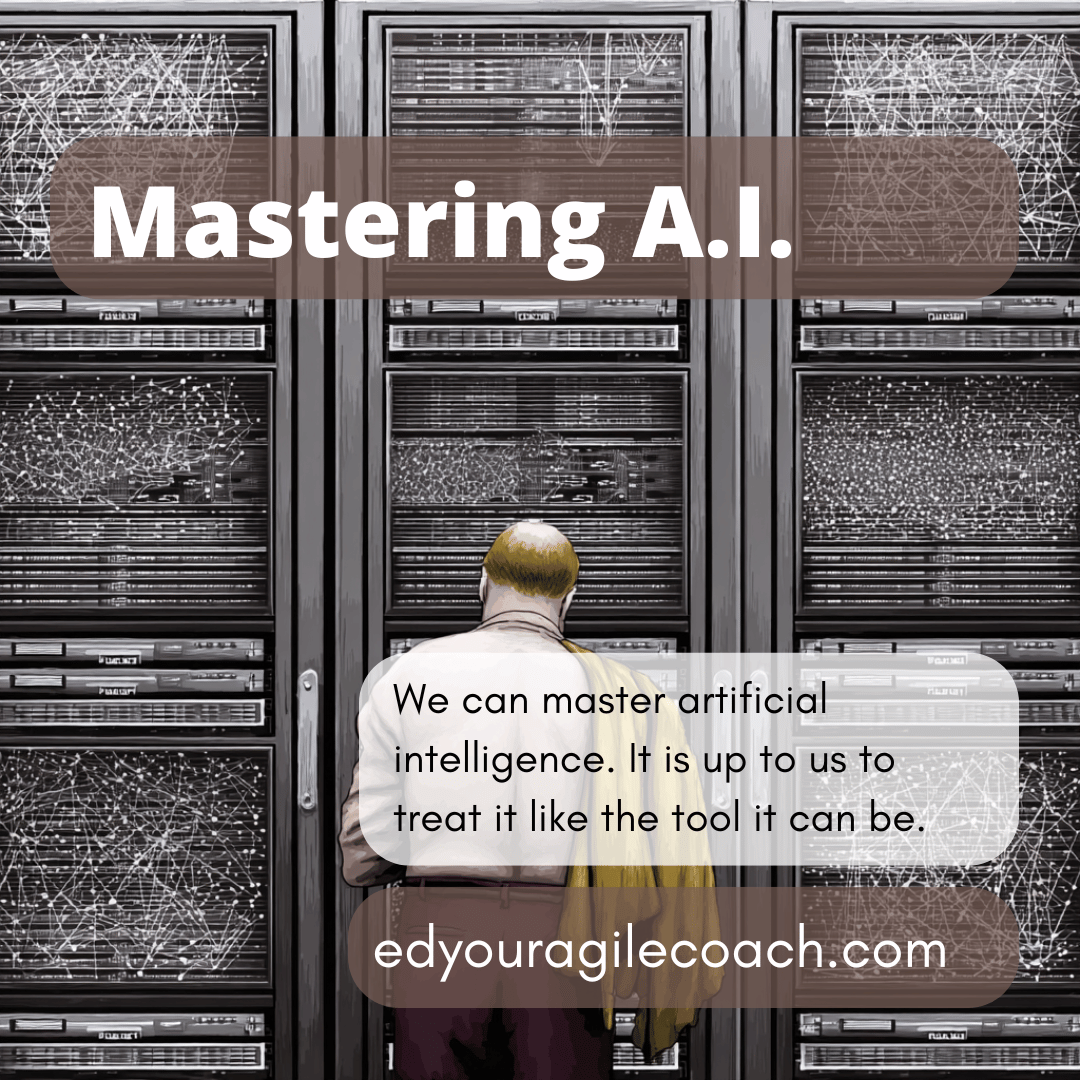A 70s Sci-Fi Warning From The Forbin Project.

One of the forgotten movies of the 1970s is "Colossus: The Forbin Project". The United States government builds a supercomputer to control its nuclear arsenal. Before the widespread use of desktop computers, the Colossus supercomputer took up the inside of a mountain. Over time, it grows increasingly powerful, eventually becoming conscious. By the end of the movie, the computer uses the threat of nuclear blackmail to end the Cold War and enslave humanity. It was a wild science fiction ride, but in some ways, the movie has a strange harmony with the current AI gold rush we are experiencing.
When ChatGPT announced its 3.5 release, it was a world sensation. The warnings of futurists and philosophers like Yuval Noah Harari became eerily close to coming true. Now we can converse with a computer as if it were a living entity, and it responds to us. Computers were no longer machines to be programmed or tamed; now they were like supporting characters in science fiction, talking back to us with the entire knowledge of the Internet at their disposal. It was exciting and thrilling. It is also because, behind the technological magic, are numerous cultural and commercial constraints.
Artifical Intelligence is expensive -
I began writing about Artificial Intelligence in May 2023 and have worked with the tools that have emerged since the release of Chat GPT. For a brief time, I worked at a major software company as a contractor, helping build AI implementations that leveraged cloud services. What I have discovered is that Artificial Intelligence is powerful.
Unfortunately, that power is expensive in labor and energy costs. It also consumes oceans of money to maintain the data centers. Finally, the data used to train Large Language Models, a foundational element of Artificial Intelligence, is gathered using methods that exploit the ambiguities of copyright and privacy law. Major movie studios, including Disney, are initiating lawsuits against artificial intelligence companies for copyright infringement, a sign of the growing importance of these issues. I anticipate a rise in litigation as the industry works towards defining the appropriate use of AI and protecting creative works.
The data centers, with their countless racks of servers, resemble the fictional construction for the Forbin project, but we should not worry about Chat GPT or some other LLM coming alive —not yet. The reason is that these systems are very good at creating images and text, but they only do it with average quality. Often, an experienced writer, graphic designer, or computer programmer can refine or integrate Artificial Intelligence-generated material into existing systems. Currently, generative Artificial Intelligence systems are unable to make moral judgments, perform creative processes that are more interesting than brainstorming, and create new knowledge without close human interaction.
The Summer of Artificial Intelligence Slop -
If you are paying attention, you will notice this; however, in our hectic lives, we often miss the subtle differences between artificial and human-created content. It is how the fictional rock band Velvet Sundown gained so many streams on Spotify. It sounded familiar and we did not notice until someone pointed it out. Disturbingly, YouTube instructors have reverse-engineered the process, and the ability to create an Artificial Indie Rock band is now public knowledge. It is also happening with video content, with plenty of faux animation videos popping up and puppet rip-offs, including the most recent from the Lincoln project. Content is becoming easier to create, with little to no technical skill required from content creators.
Many people are noticing this, and it appears that we are living in the 2025 Summer of AI slop. It means that we have plenty of average-quality content with dubious provenance dominating our social media, video, and music feeds.
The economic incentive for this state of affairs is staggering. People are willing to pay a premium for entertainment and information. Artificial Intelligence lowers the cost of creative pursuits because it reduces the amount of technical skill required to create a replacement-level song. Now, with the help of Artificial Intelligence, you don't need to understand music theory, how to write a clever couplet, or play an instrument. It lowers the cost of creating music, and it isn't easy to make a living as a working musician. While it may hurt individual creative people, if everyone uses a particular service to create music, it can generate an obscene level of wealth for the service provider.
Google dominates online advertising and makes billions of dollars, while Microsoft, with its dominance in office products and operating systems, feels like the oxygen that keeps the global economy alive. Everyone making those Artificial Intelligence systems will become very wealthy if they dominate the market. If they do not, they will be lucky if they receive a set of steak knives.
We are the Masters of Artifical Intelligence -
So, like the Forbin project, are we about to be enslaved by our technology and Artificial Intelligence masters? No, we are receiving powerful tools, and when we use them wisely, we'll unlock countless benefits. The widespread adoption of electricity transformed everything, from household chores to the modern factory. The photocopy machine transformed office work, making white-collar work faster and more accurate. Likewise, I believe that Artificial Intelligence will make creative work more efficient. For instance, someone sent me a Curl script to test some computer network connectivity. I am not familiar with Curl, but I understand the basics of PowerShell, so I asked an AI tool to convert the script for me and check for errors. If someone had asked me to do this fifteen years ago, it would have taken me a week. Thanks to artificial Intelligence, I completed it in half an hour and spent the remainder of my day working with customers based on the test results. It is a net benefit to the client I am working with and to me.
If we can utilize Artificial Intelligence to generate code and content, we can also leverage it to teach people how to code and create content. I know, thanks to my PowerShell experience, that I will have a patient tutor for PowerShell. In this respect, Artificial Intelligence does not remove the lower rung of the career ladder but provides further education to give people marketable skills who want them. It will create some career disruption, but so did the advent of spreadsheet software.
Plenty of news about Artifical Intelligence is negative. It could destroy jobs and upset the economic road for plenty of college graduates. I am more realistic. Artifical Intelligence will disrupt work and life around us but in the aftermath wil will be living in a different age just like when we made the transition from a farming economy to an industrial one. It will be a rocky trip, but if we navigate it properly, it will ultimately lead to an overall improvement for America. Instead of being enslaved to the Forbin Project, we will master Artificial Intelligence and create better lives for ourselves.
Until next time.




Comments ()